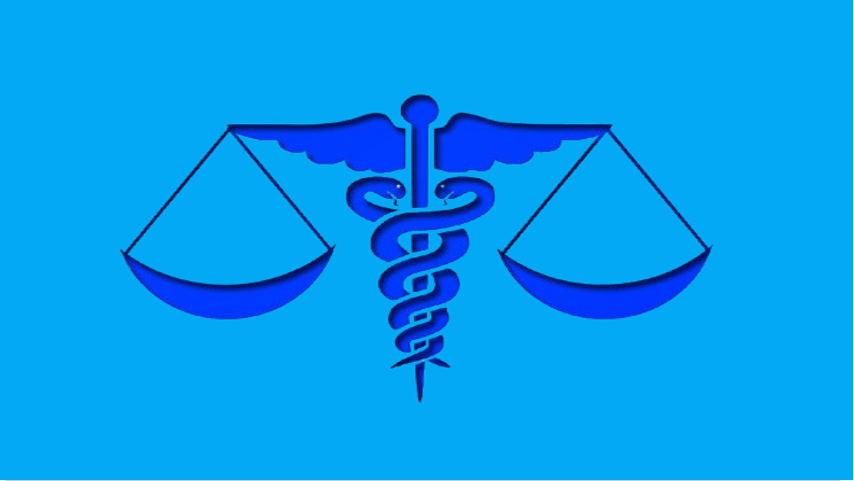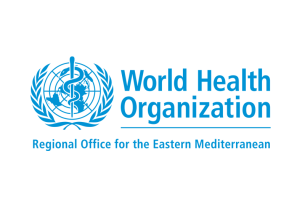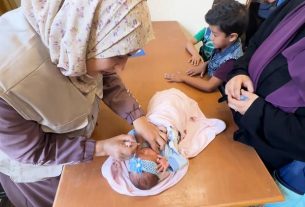|
Getting your Trinity Audio player ready...
|
Tripoli, July 2025 – Libya’s deteriorating healthcare infrastructure has reached a breaking point, forcing families to seek medical care abroad through perilous migration routes. The case of 7-year-old Sohan Aboulsoud, who suffers from cystic fibrosis, has become emblematic of the crisis. Her family undertook an illicit sea journey to Italy on 25 June, after exhausting all domestic options for treatment.
🏥 A System in Disrepair
Since the fall of Muammar Gaddafi in 2011 and the subsequent political split in 2014, Libya has been governed by rival administrations in Tripoli and Tobruk, undermining national cohesion and public services. A World Health Organization report found that in Libya’s southern and eastern regions, one-third of health facilities were non-functional, and up to 73% were only partially operational.
Sohan’s mother, Khawla Nail, told DW:
“I submitted her file to the Libyan health authorities more than once but the response was always, there’s no budget. We exhausted every option for help in Libya”.
For seven years, the family relied on private labs in Tunisia and imported medication, a costly and unsustainable solution. More than 60 families have formally requested cystic fibrosis treatment from Libya’s Ministry of Health, according to documents obtained by DW.
🚨 Desperation and Dangerous Journeys
Sohan’s family joined other Libyan families aboard an overcrowded smuggler’s boat bound for Lampedusa, Italy. “We didn’t leave because we wanted to migrate, it was because illness doesn’t wait,” Nail explained.
The International Organization for Migration estimates that over 63,000 migrants have died or gone missing in the Mediterranean since 2014, with actual figures likely higher due to incomplete data.
Upon arrival, Sohan was housed in a shelter lacking air conditioning—an immediate risk given her condition. Her mother warned that even minor dehydration could trigger a medical emergency.
🗣️ Government Response: Symbolic, Not Systemic
Following viral images of Sohan on the boat, Libya’s Government of National Unity (GNU) pledged to cover her treatment costs in Italy. However, Nail reported that after one initial contact, no further action was taken.
Human rights advocate Tarik Lamloum criticized the government’s reactive stance:
“The GNU reaction didn’t come out of a sustained sense of responsibility. It was due to the social media furore”.
He also expressed concern that Sohan’s story might encourage other families to attempt similar journeys, rather than prompting systemic reform.
📍 Regional Fallout and Rising Hostility
The aftermath of Muammar Gaddafi’s 2011 ouster continues to destabilize Libya, with cascading effects reverberating across North and Sub-Saharan Africa. The breakdown of public institutions, worsening economic hardship, and lawlessness have fueled domestic unrest and anti-migrant sentiment, resulting in growing hostility toward African migrants and even between Libyan communities themselves.
As public services collapse and migration pressure intensifies, the social fabric is fraying. Instances like Sohan’s case illustrate not only the failures of the healthcare system but also the broader humanitarian and governance crisis gripping the country.
Whether Libya can return to its former stability remains uncertain. However, sustained regional coordination—especially among Middle Eastern nations—will be essential in helping curb the country’s ongoing decline and in supporting its path toward recovery and dignity for all its citizens.
Sources
- DW: Libya’s broken healthcare system drives locals to migrate
- Islam Alatrash reporting for DW; Jennifer Holleis contributed to the report



